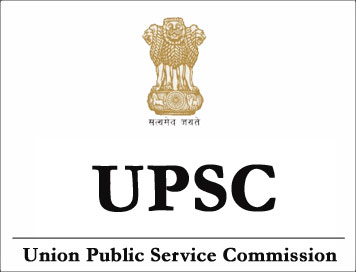
Union Public Service Commission
Special Class Railway Apprentices
Examination
SYLLABUS (Paper - 1)
(I) ENGLISH: The questions will be designed to test the candidates'
understanding and command of the language.
(II) GENERAL KNOWLEDGE: The questions will be designed
to test a candidate’s general awareness of the environment around him/her and
its application to society. The standard of answers to questions should be as
expected of students of standard 12 or equivalent.
Man and his environment: Evolution of life, plants and
animals, heredity and environment-Genetics, cells, chromosomes, genes.
Knowledge of the human body-nutrition, balanced diet, substitute foods, public
health and sanitation including control of epidemics and common diseases.
Environmental pollution and its control. Food adulteration, proper storage and
preservation of food grains and finished products, population explosion,
population control. Production of food and raw materials. Breeding of animals
and plants, artificial insemination, manures and fertilizers, crop protection
measures, high yielding varieties and green revolution, main cereal and cash
crops of India.
Solar system and the earth. Seasons, Climate, Weather,
Soil—its formation, erosion. Forests and their uses. Natural calamities
cyclones, floods, earthquakes, volcanic eruptions. Mountains and rivers and
their role in irrigation in India. Distribution of natural resources and
industries in India. Exploration of under—ground minerals including Oil
Conservation of natural resources with particular reference to the flora and
fauna of India.